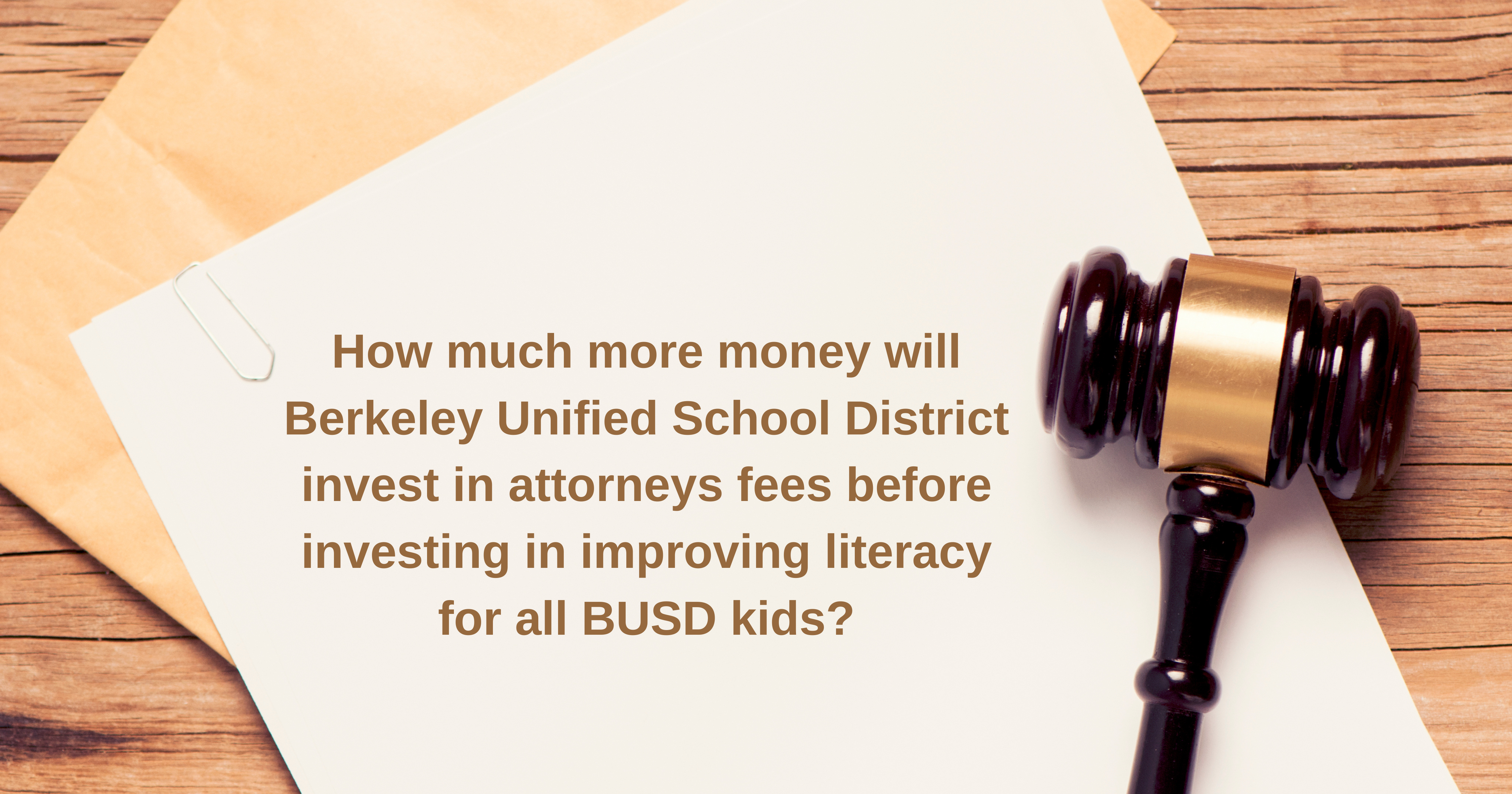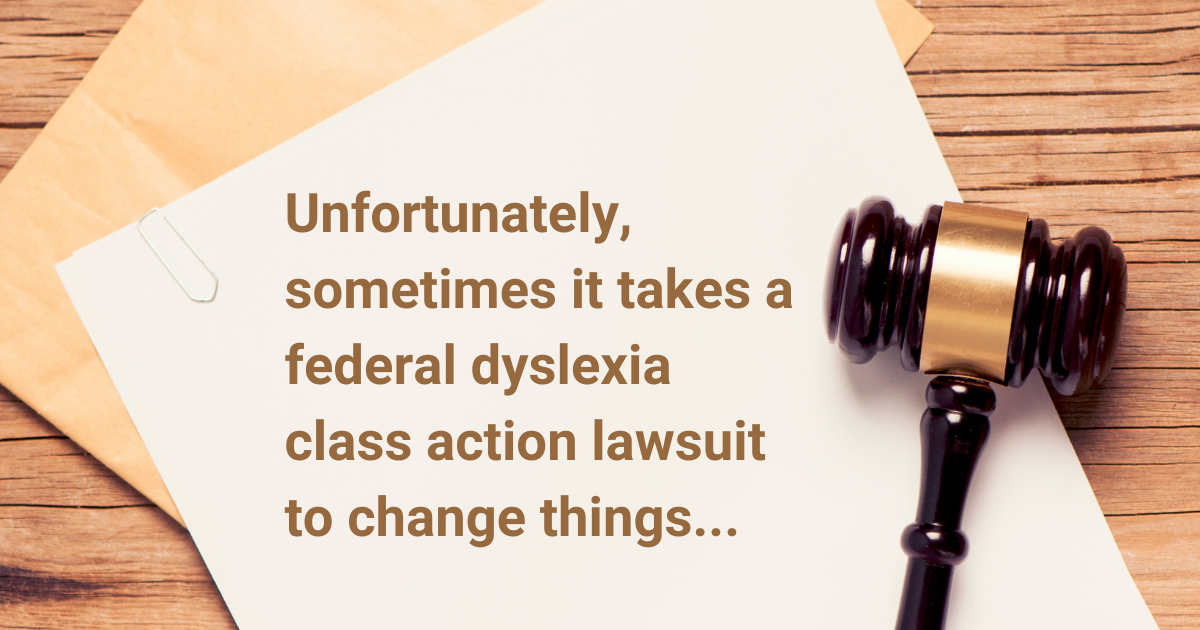In fall of 2021, Berkeley Unified School District (BUSD) settled a groundbreaking federal class action dyslexia lawsuit claiming that the district failed to identify students with reading difficulties and provide the necessary support. Now, the district is in alleged breach of the terms of the settlement, according to a February 16th Berkeleyside article. Insiders say staff turnover and lack of urgency on behalf of the district have caused significant delays in making systemic changes required under the terms of the settlement. BUSD has already had to extend the terms of the settlement for an additional year due to implementation delays. Kareem Weaver, who sits on the Oakland chapter of the NAACP, is closely following the settlement and views literacy as a civil rights issue.
The settlement requires BUSD to implement a districtwide literacy improvement plan that includes screening all K-5 students for reading difficulties and implementing evidence-based literacy interventions. It also prohibits the use of Fountas & Pinnell’s Leveled Literacy Intervention (LLI) and Reading Recovery except in “exceptional circumstances.” BUSD must also revamp its Special Education and Section 504 policies and procedures.
In addition, BUSD must evaluate the effectiveness of its Tier 1 curriculum in improving literacy. BUSD currently uses the controversial Lucy Calkins Units of Study with a phonics curriculum “patch.”
DDCA reached out to BUSD parent of a child with dyslexia, Lindsay Nofelt, who, along with other concerned parents, has created a website so that BUSD parents and community members can stay informed about the progress of the BUSD Literacy Improvement Plan and what it means for their children. ReadingforBerkeley.org is working to build awareness and create more transparency surrounding BUSD’s progress toward fulfilling the terms of the literacy settlement — taking advantage of this opportunity to address the pervasive problem of how we teach kids to read. Lindsay states “No matter how you slice it, this is the right time to demonstrate that Berkeley prioritizes literacy. As educational partners, deeply and personally invested in the success of our community, we believe the key to academic equity is to promote early and successful reading.”
After a four-year-long legal battle to reach the settlement, DDCA questions how much more money BUSD will invest in attorneys fees before investing in improving literacy for all BUSD kids. DDCA hopes that the district’s new leadership, increased attention from the BUSD Board of Education, better public transparency with respect to progress reporting and implementation, and inclusion of parents in the implementation will result in systemic changes that will lead to BUSD being a model district for improving literacy acquisition that others can follow.
Please encourage family, friends, and colleagues to sign up for our DDCA emails to stay informed on dyslexia-related efforts in California.
_________________________
Learn more about the settlement here:


